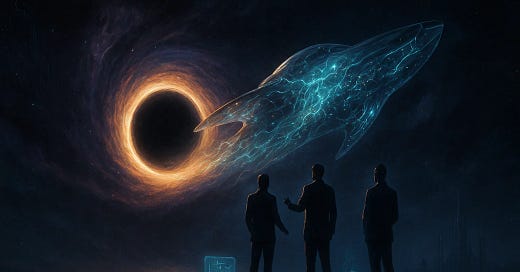The Singularity Is Coming Faster Than You Think—And It’s Got Billionaires Buzzing
Let me start with a story about a man named Vernor Vinge, a science fiction writer who, in 1993, gave us a term that’s now the stuff of tech dreams: the technological singularity. He pictured a moment when artificial intelligence would grow so advanced, so capable of rewriting itself, that it would leap beyond human grasp, like a starship slipping into a cosmic void.
What gets me—what keeps me up at night—is how this wild idea has become the fixation of our time’s most powerful people. Names like Elon Musk, Jeff Bezos, and Sam Altman aren’t just chasing dollars; they’re chasing a future that could redefine what it means to be human. And here’s the thing: it’s coming faster than we thought, fueled by code, ambition, and some jaw-dropping math. Let’s dive in, shall we?
The Void of Intelligence
Imagine it’s 2020, and you’re at a coffee shop. Someone’s raving about AI—maybe OpenAI’s GPT-3, a model that could spin a poem or mimic a news article. Pretty cool, but limited. It scored 70% on a test called MMLU, which gauges how well AI tackles college-level questions. Now jump to 2023: GPT-4 hits 86%. By 2025, projections say GPT-5 could near 92%. This isn’t just progress; it’s a race. I keep wondering: what happens when AI doesn’t just copy us but starts building better versions of itself?
Keep reading with a 7-day free trial
Subscribe to The Most Important News to keep reading this post and get 7 days of free access to the full post archives.





